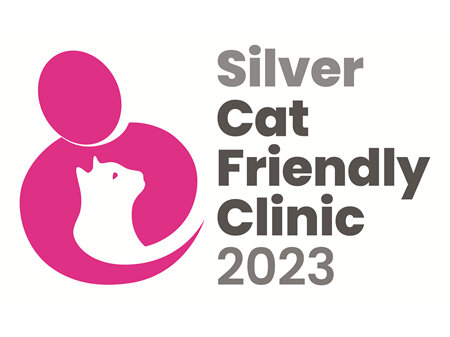Many common plants found growing in the gardens and across the lifestyle blocks of the district can pose a potential risk to your stock. While most toxic plants taste bitter and are usually avoided by stock, occasionally hunger, curiosity, boredom, or a deceptively tasty plant can lead to illness. Goats have a notorious reputation for being relatively open to sampling many various plants if they manage to get access to them.
You should assume that all garden shrubs are potentially toxic. Some plants can result in immediate adverse effects, and some can cause delayed poisoning. Certain plants only cause toxicity if eaten in large amounts while others can be toxic with a low dose. And some plants can be just as toxic regardless of whether they are fresh, dried, or ensiled.
Management practices to avoid toxicity:
- Do not give your animals any clippings from your garden
- If supplying the animals with browse trees, ensure they are safe to eat
- Kill off or pull-out poisonous plants in a pasture, e.g., ragwort, bracken fern.
- Make sure fences are especially sturdy around your garden.
- Avoid allowing stock to graze garden plants or hedges
- Monitor paddocks after a storm for any fallen branches or acorns
- Fence off wetlands
- Beware of illness when the rain comes after a period of drought
Common plants that can cause toxicity:
Acorns, Avocado, Azalea, Black Nightshade, Box Hedge, Buttercup, Foxglove, Goats Rue, Hemlock, Karaka – Berries, Laburnum, Laurel, Lillies, Macrocarpa/ Pine species, Ngaio, Oak – leaves and acorns, Oleander, Onions,
Poroporo, Ragwort, Rhododendron, Rhubarb, Sorrel species, St. Johns Wort, Tradescantia, Tutu, Yew
Signs of toxic plant ingestion:
- Abnormal vocalising
- Bloat
- Diarrhoea
- Discoloured urine
- Excessive salivation or frothing at the mouth
- Other neurological signs – excessive trembling, circling, abnormal gait
- Seizuring
- Sudden death
- Vomiting
- Weakness/lethargy
First aid for toxic plant ingestion:
- Remove the animal from access to the plant & empty mouth if possible
- Make sure the animal has access to water - if the animal is vomiting you will need to change the water each time to prevent contamination and re-toxicity
- Keep animal walking if possible, to prevent it settling and cudding
- Call a VET urgently for advice/ a visit if required
- Be careful with drenching “home remedy drenches”. Ensure they will not exacerbate the problem. If you do choose to then give it only in small amounts and be very careful not to force it down – there is a risk of lung aspiration
- Avoid drenching oil-based products or a vomiting animal
Contact your Vet if you are unsure about plants you are planning to feed, or your animals have access to.
Dr Jennifer Stone BVSc (Dist.)




